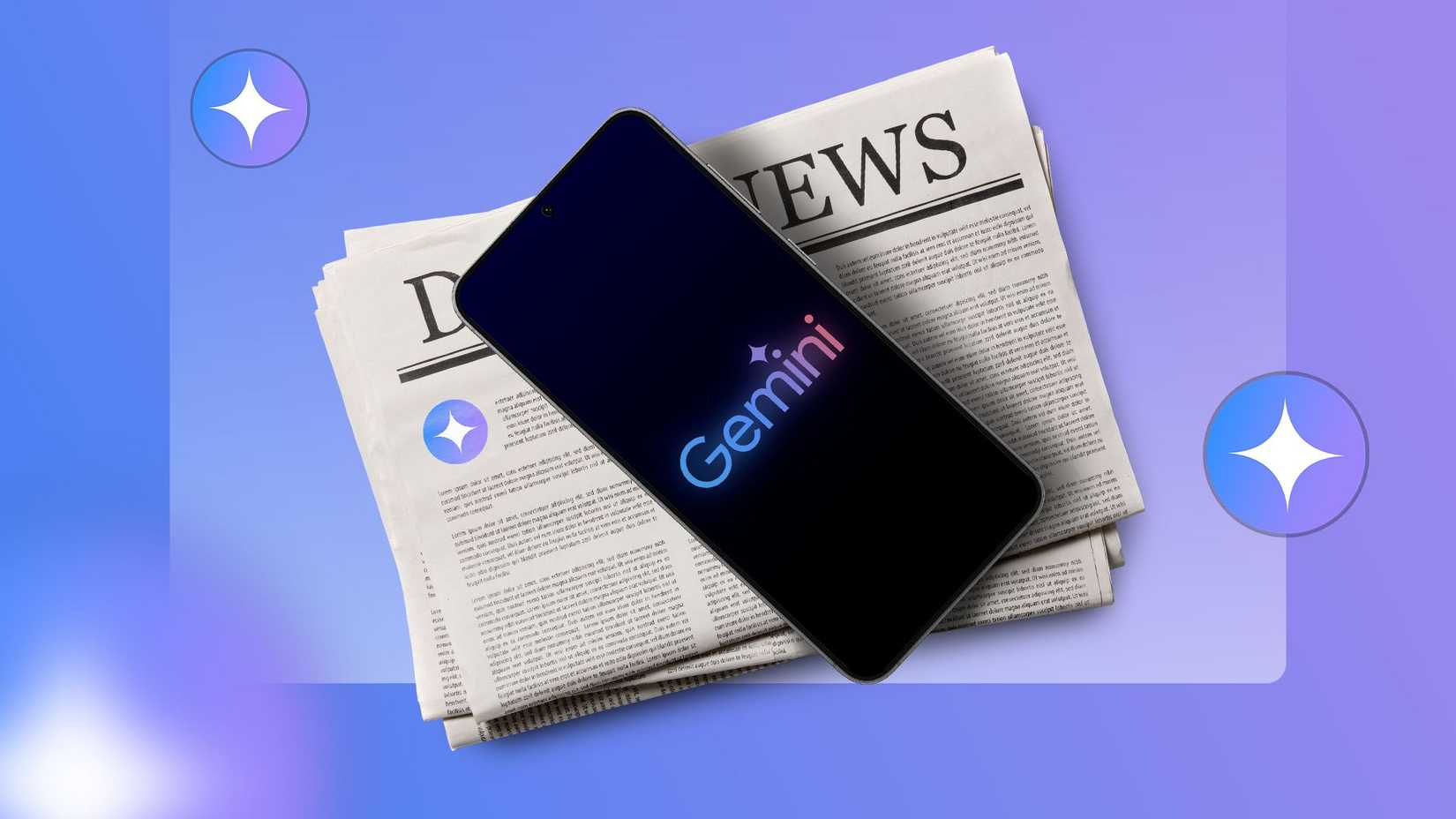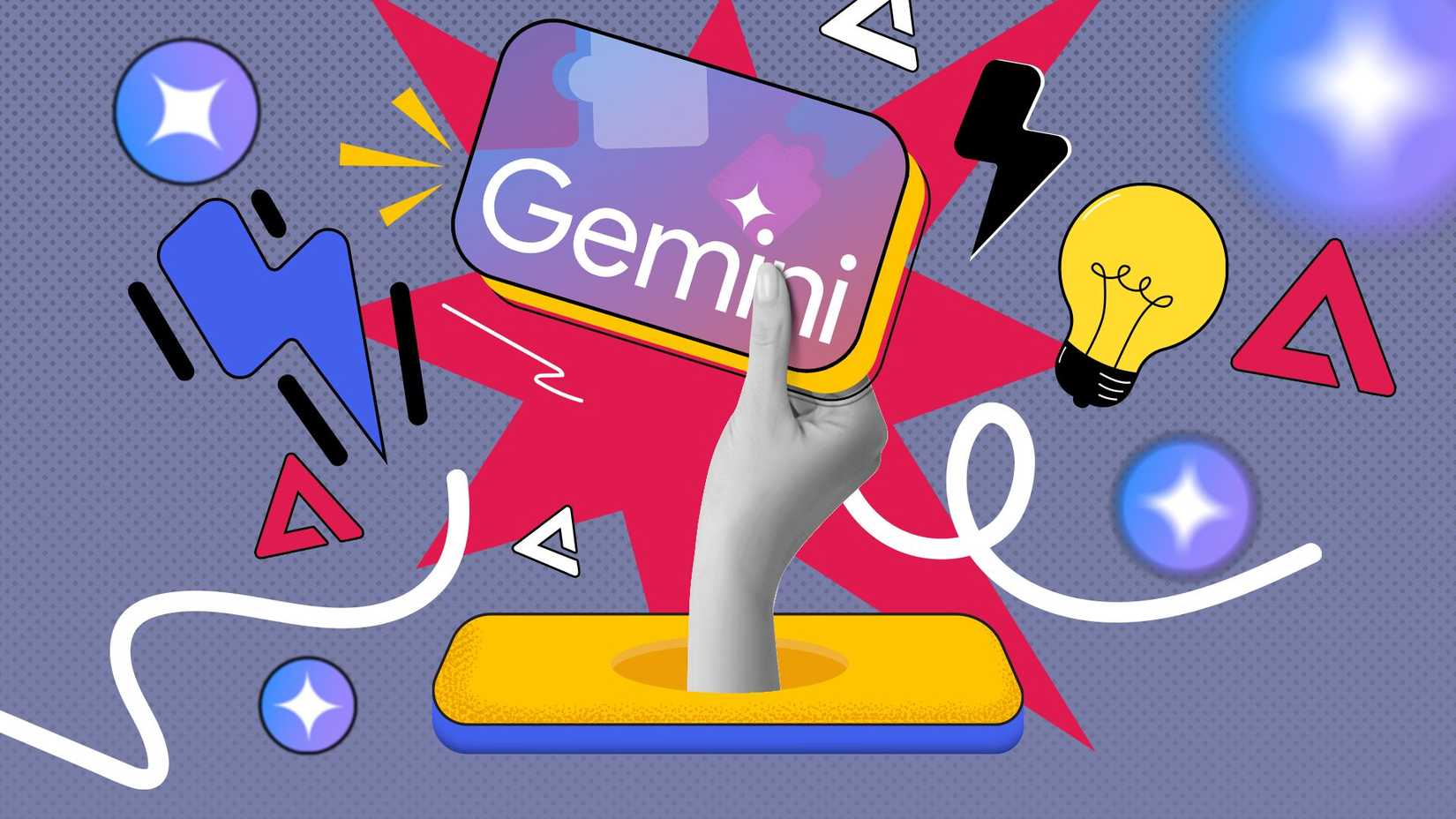It’s strange when you realize a habit has changed. Over the past few months, I found myself relying more on Gemini for quick answers, summaries, and explanations, and less on Google Search.
Google had started to feel bloated, repetitive, and often frustrating. Instead of helpful answers, I kept running into SEO-stuffed blog posts, sponsored links, and generic listicles.
It got to the point where I’d append “Reddit” to queries to find something useful.
And then it dawned on me. Without even thinking, I was instinctively asking Gemini instead of Googling.
Why Google Search started feeling worse
The search results felt overwhelming
Over the years, Google Search began to feel off. Results that used to be fast, relevant, and reliable increasingly included SEO-heavy listicles, affiliate links, and repetitive content.
Ads, “people also ask” boxes, and sponsored carousels push the genuinely helpful content further down.
Although the interface may still be familiar, each search now demands more scrolling and effort.
Snippets and knowledge panels try to summarize answers, but sometimes they feel incomplete or subtly misleading. Even when you click through, you end up comparing multiple pages, checking dates, and verifying accuracy.
What was even more frustrating was that for complex questions, I had to open multiple pages, skim paragraphs, and stitch together the real answer myself. Typing a query plus “Reddit” to get actual user advice became standard practice.
But having to hack Google to get real answers felt ridiculous.
How I found myself skipping Google Search
Drifting away from my go-to search engine
I briefly considered switching to DuckDuckGo or Brave Search. They offered cleaner results and better privacy, but the experience was still fundamentally the same: a list of links I had to comb through myself.
DuckDuckGo felt thin on niche queries, and Brave Search still left me piecing together answers from multiple sources.
When I caught myself opening Gemini instead of Google, it was because I subconsciously wanted a single, coherent answer rather than a sprawling list of semi-curated links.
Google Search is a remarkable tool, but over time, the experience has become increasingly noisy and less satisfying.
Relying on Gemini for everyday searches
It gave me a single, coherent response
When I started using Gemini instead of Google Search, I realized it could actually replace many of my routine searches. Simple queries, like definitions, quick facts, or step-by-step instructions, become effortless again.
I found it helpful to phrase questions clearly and include context. Gemini responded best when it understood exactly what I wanted.
Even mundane queries, like “How can I streamline my workday?” or “What’s the latest in AI tools for productivity?” turned into actionable guidance.
Making Gemini a viable search alternative
Asking questions the right way
One of the best techniques I discovered was asking for citations or links. When I received a response, I would cross-check sources instead of accepting information as is.
It made fact-heavy queries, like tech updates or workflow strategies, more reliable.
I also used follow-up prompts to dig deeper. For example, if a response appeared incomplete, I would ask Gemini to explain it in simpler terms, provide a comparison, or offer step-by-step guidance.
Adding details such as timeframes, specific tools, or constraints drastically improved answer accuracy.
Gemini works best when you treat it as an assistant rather than a replacement for critical thinking.
I still double-checked niche or technical topics, but for everyday queries, these strategies made it fast, clear, and far less noisy than Google Search.
The limits of relying solely on Gemini
The gaps in a single-source approach
After using Gemini for most of my searches, I realized it wasn’t a perfect replacement for the web.
For general knowledge, workflow tips, and fact-checks, it excelled. However, for very niche or technical queries, I sometimes need multiple sources to feel confident.
The AI can summarize and clarify, but it can’t replicate the serendipity of stumbling across an unexpected article or forum discussion.
I also noticed a subtle shift in my search habits. Relying on a single source made me more deliberate in my questions, but it could also make me less curious about exploring multiple perspectives.
Ultimately, I didn’t abandon Google Search entirely. Instead, Gemini became my primary search engine, while Google served as my backup for in-depth research or niche questions.
Finding a balance between Gemini and Google
Gemini is my go-to for most everyday questions and workflow guidance. At the same time, it’s not a perfect replacement for traditional search.
Obscure topics, nuanced debates, and unexpected discoveries still require the depth and variety that Google Search offers.
What surprised me most was how it changed the way I approach information. I ask clearer, more intentional questions, read answers more carefully, and rely less on scrolling through endless links.
And for now, I’ve found a balance.
Gemini has earned a permanent spot in my toolkit as a complementary search companion. I’ll reach for it when I want more clarity, and I’ll still rely on Google for everything else.






… [Trackback]
[…] Read More Info here to that Topic: geeksforgeeks.org/i-thought-id-always-just-google-it-then-gemini-made-answers-effortless/ […]